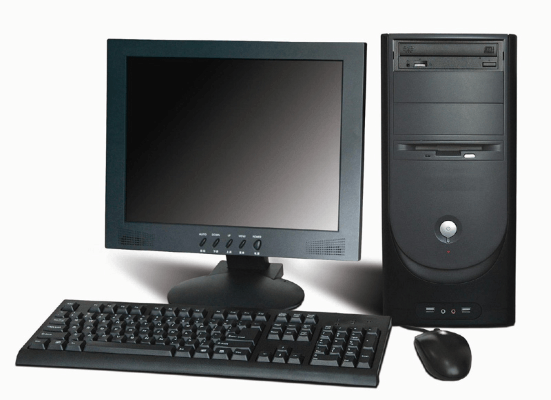In the ever-evolving landscape of technology, the heartbeat of our digital age is undoubtedly the computer system. From personal computing to complex /softwaretricks.co.uk/ data analysis, computer systems form the backbone of our interconnected world. In this article, we will delve into the intricacies of computer systems, exploring their components, functionalities, and the critical role they play in shaping our digital future.
Table of Contents
Understanding the Essence of Computer Systems
The Core Components
At the heart of every computer system lies a set of core components that work seamlessly to execute tasks. The central processing unit (CPU), commonly referred to as the brain of the computer, processes instructions and performs calculations. Alongside the CPU, the random access memory (RAM) provides quick access to data for rapid processing.
The storage, including hard drives and solid-state drives, serves as the long-term memory, storing the operating system, applications, and user data. The motherboard acts as the central hub connecting these components, facilitating communication and ensuring the smooth operation of the entire system.
Operating Systems: The Command Center
An operating system (OS) serves as the command center, managing hardware resources and enabling users to interact with their computer. Popular operating systems like Windows, macOS, and Linux provide user-friendly interfaces and support a wide range of applications, making computer systems accessible to users with varying needs.
The Evolution of Computer Systems
From Mainframes to Personal Computers
The journey of computer systems has been marked by remarkable advancements. In the mid-20th century, mainframe computers dominated large-scale data processing. However, the advent of personal computers in the 1980s revolutionized computing, bringing the power of computation to individuals and small businesses.
Rise of Laptops, Tablets, and Beyond
In the 21st century, the landscape expanded further with the introduction of laptops and tablets, providing portability without compromising computational power. The integration of powerful processors, high-resolution displays, and advanced connectivity options marked a new era in computing, catering to diverse user preferences.
Optimizing Your Computer System for Peak Performance
Regular Maintenance and Updates
To ensure optimal performance, regular maintenance and updates are crucial. Keeping the operating system, drivers, and applications up to date enhances security, resolves bugs, and introduces new features. Regular disk cleanup and defragmentation contribute to efficient storage utilization, preventing performance degradation over time.
Effective Cooling Solutions
As computer systems handle complex tasks, they generate heat that can impact performance and longevity. Investing in effective cooling solutions, such as fans or liquid cooling systems, helps maintain temperature levels, ensuring stable operation and preventing overheating-related issues.
Storage Optimization Techniques
Storage optimization is key to a responsive computer system. Utilizing solid-state drives (SSDs) for faster data access, organizing files efficiently, and uninstalling unnecessary applications contribute to a streamlined storage structure, enhancing overall system responsiveness.
The Future of Computer Systems: Innovations on the Horizon
Quantum Computing
As technology continues to advance, quantum computing emerges on the horizon, promising unparalleled computational power. Unlike classical computers that use bits, quantum computers leverage qubits, allowing for complex calculations at speeds currently deemed impossible. While in its early stages, quantum computing holds immense potential for solving complex problems in fields like cryptography, optimization, and drug discovery.
Artificial Intelligence Integration
The integration of artificial intelligence (AI) into computer systems is another frontier in technological evolution. AI algorithms enhance user experience, automate tasks, and contribute to the development of smart systems. From voice recognition to image processing, AI is reshaping the capabilities of computer systems, making them more intuitive and adaptive.
Conclusion: Harnessing the Potential of Computer Systems
In conclusion, computer systems continue to shape the digital landscape, driving innovation and transforming the way we live and work. Understanding the fundamental components, embracing regular maintenance practices, and staying abreast of emerging technologies are crucial for harnessing the full potential of your computer system.





_3-6.jpg)



